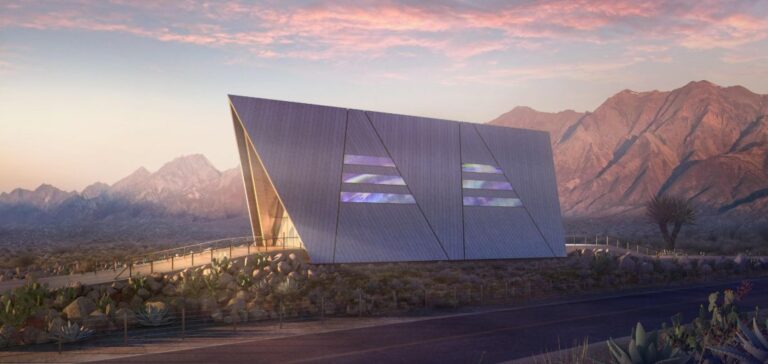California-based Oklo Inc and Zurich-headquartered Deep Atomic Inc have both entered into preliminary regulatory discussions with the United States Nuclear Regulatory Commission (NRC). These exchanges aim to lay the groundwork for future application submissions for small modular reactor (SMR) projects, under differentiated commercialisation strategies.
Site preparation and combined licence for Oklo
Oklo Inc is working with the NRC through a Pre-Application Readiness Assessment ahead of submitting a Combined Licence Application (COLA), expected later in 2025. This assessment will enable the regulator to become familiar with initial sections of the application, particularly those concerning site selection and environmental impacts. The planned facility, named Aurora Powerhouse, is to be constructed at the Idaho National Laboratory, featuring a prototype fast neutron reactor using heat pipes for heat transfer.
The power output of this pilot installation is estimated at 50 MWe (megawatts electric). Oklo obtained a site use authorisation from the United States Department of Energy in 2019. The company is planning a series of further applications for a total production capacity of 14 GW, though no timeline has yet been disclosed.
Deep Atomic targets data centres with the MK60
Deep Atomic Inc notified the NRC on 20 March of its intention to begin the pre-application process for the design certification of its MK60 reactor. This model is based on pressurised water technology and aims for a dual output of 60 MW for both electricity generation and cooling, specifically intended for data centre integration.
The company initiated its regulatory engagement with the NRC in October 2024. It plans to submit its formal regulatory engagement plan in July 2025, followed by a complete design certification application by the end of 2027. An Early Site Permit application, which ensures environmental and safety compliance of a potential construction site, is also scheduled, although no specific site has been identified.
New approach to energy integration
In a recently published technical paper, Deep Atomic outlined its vision for tightly integrated modular reactors and digital infrastructure. The proposed model is based on co-designed nuclear facilities and data centres, conceived as a unified energy system rather than separate entities.
The NRC provides several channels for early dialogue with sector stakeholders, including technical white papers, topical reports and readiness assessments. These tools are intended to streamline the authorisation process for innovative technologies while ensuring regulatory transparency from the earliest development stages.






















